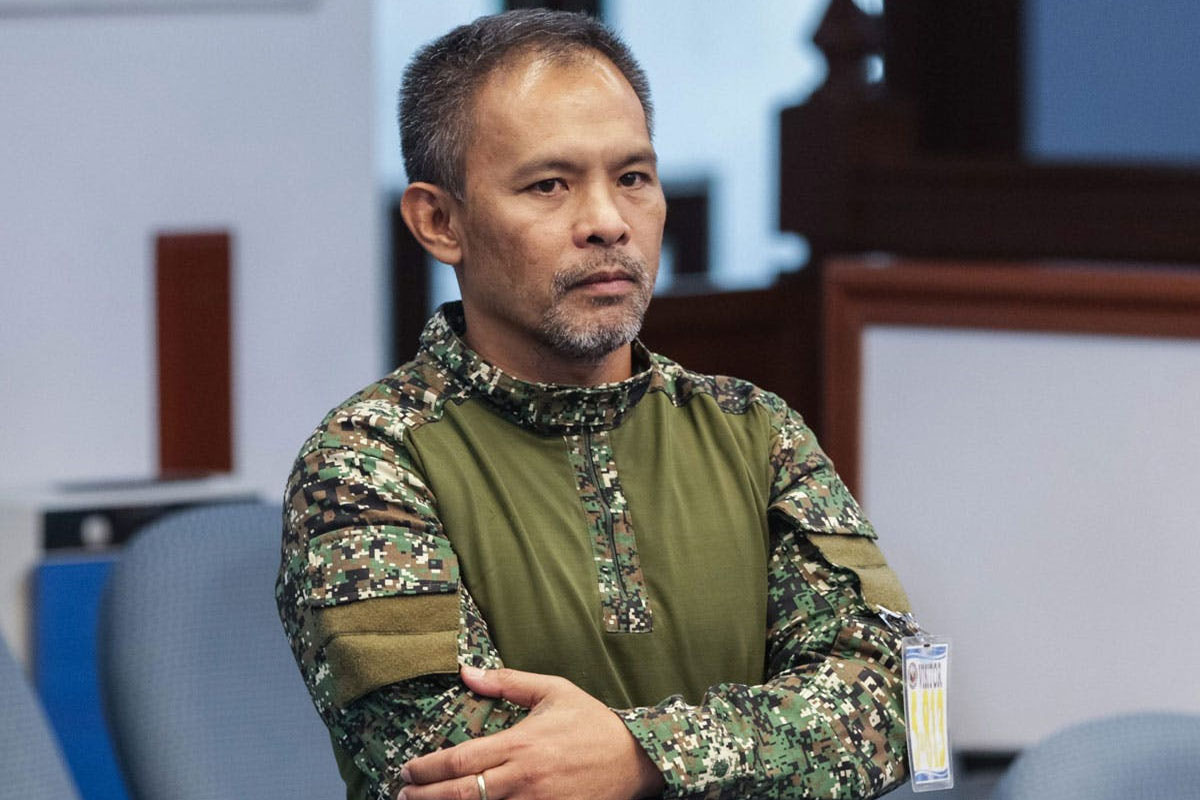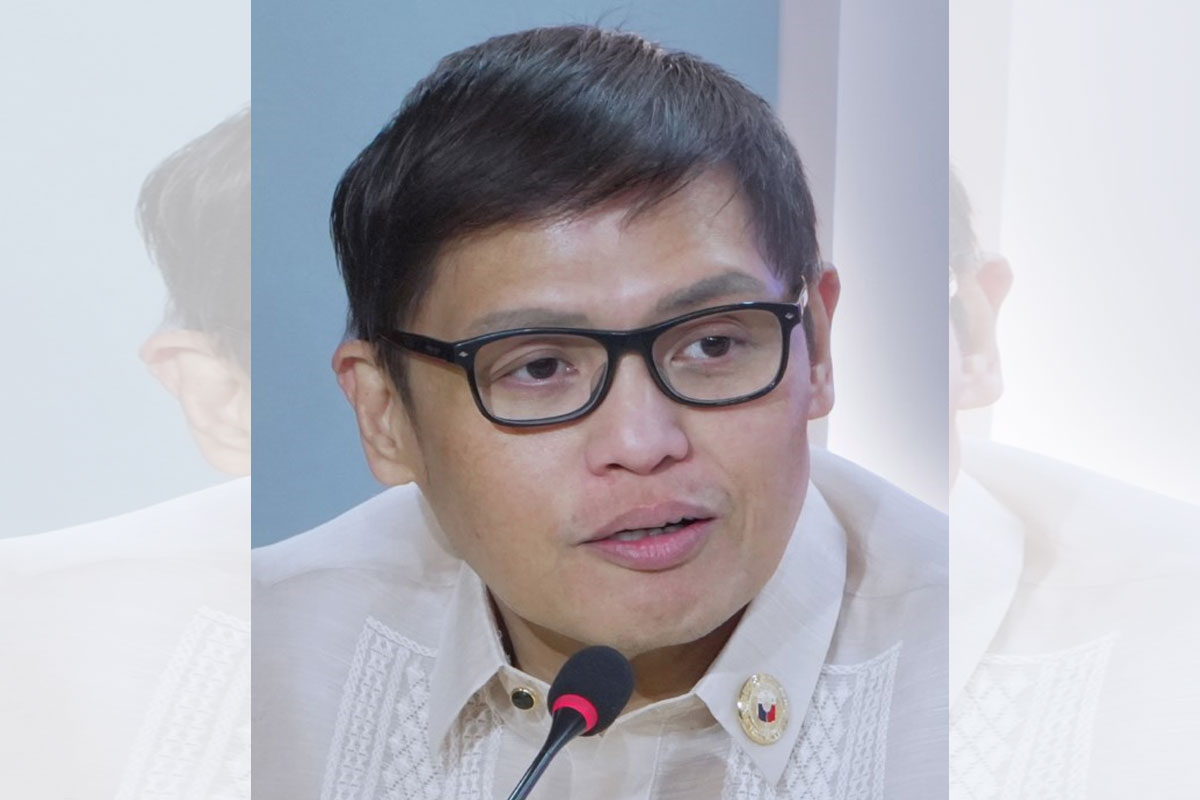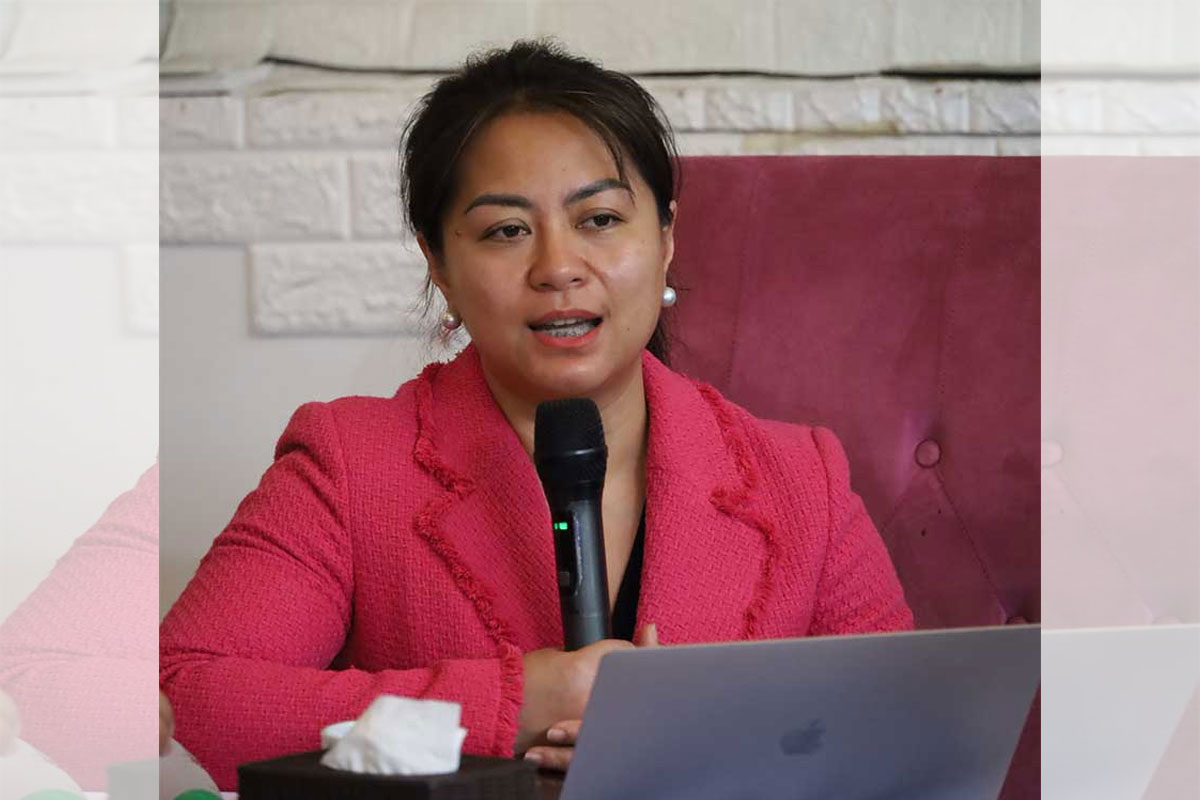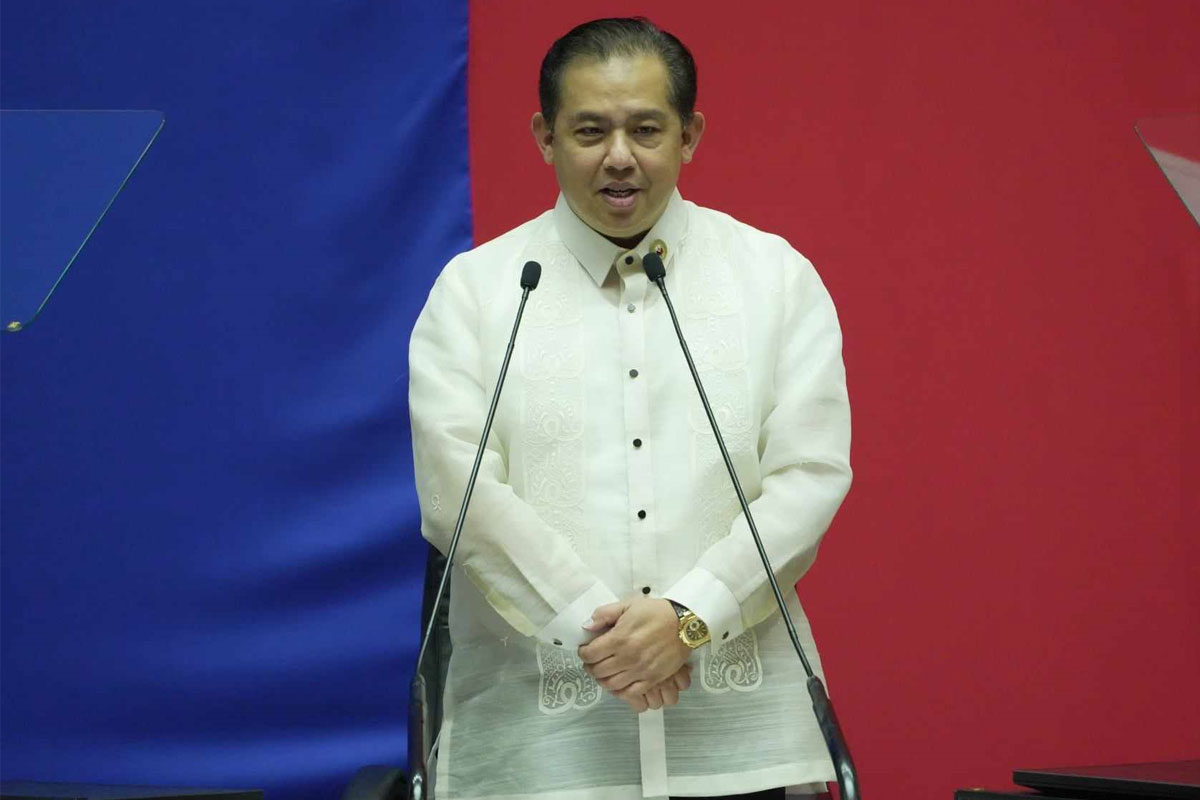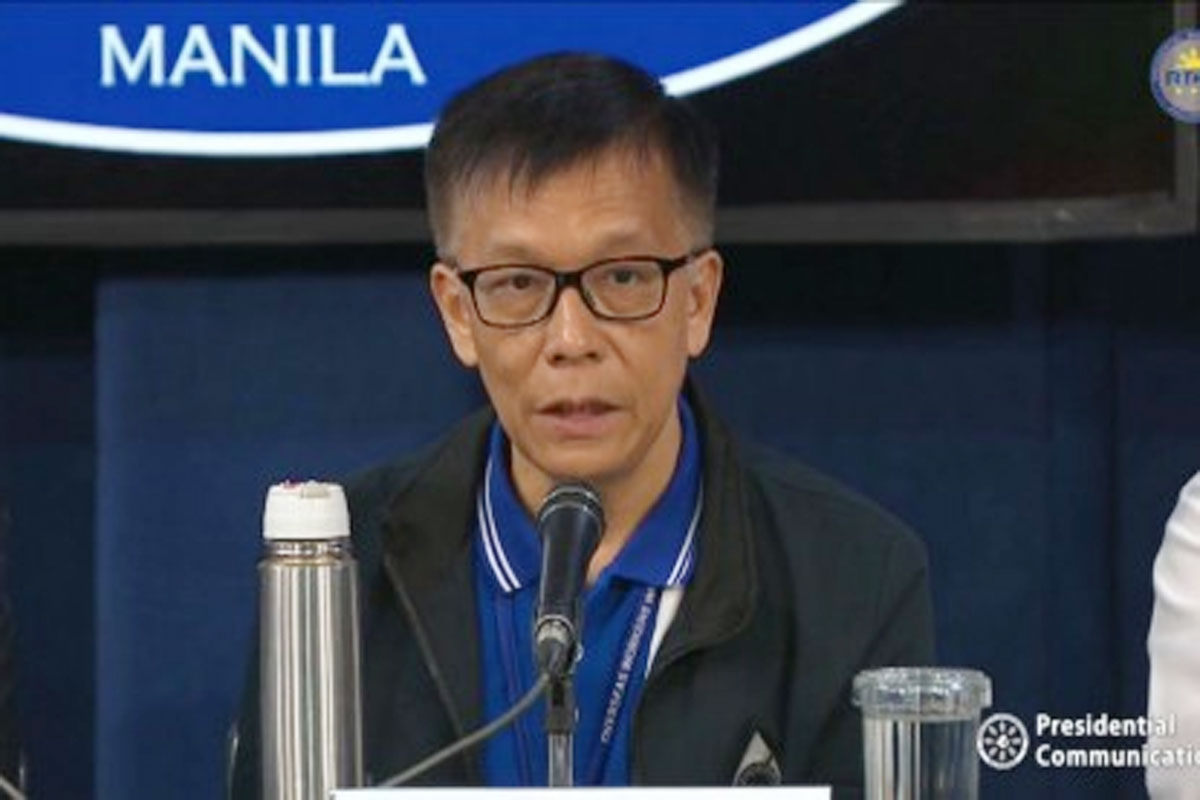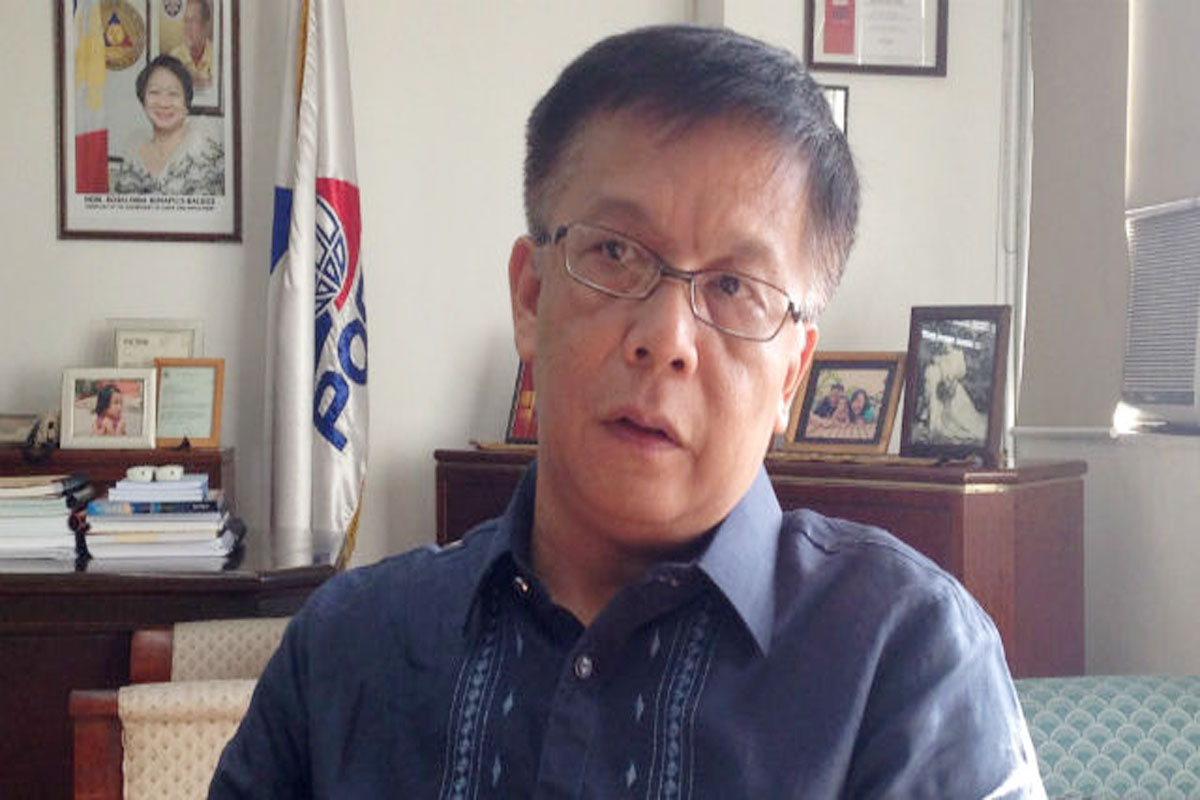
NCRPO to enforce “no vax, no ride” policy
National Capital Region Police Office Director Major Gen. Vicente D. Danao Jr. reiterated his commitment to implement the law amid the Department of Transportation’s (DOTr) ‘No Vaxx, No Ride’ policy which has been hit by many workers who were barred from going to work for being either unvaccinated or partially vaccinated.
The DOTr however clarified that partially vaccinated workers are still allowed to take public transportation when commuting to their respective workplaces or going on essential errands.
During a meeting of the House Committee on Health, DOTr Undersecretary Artemio Tuazon said that the exemption covers essential travel and this includes public travel going to work much like errands concerning buying of essential stuff like food and water.
“Going to work is considered essential travel. So is buying food, water, and other necessities. These are the current exemptions, as they belong to industries that are allowed to operate under Alert Level 3. They will only be required to present their company ID or certificate of employment before boarding public utility vehicles,” Maj. Gen. Danao explained.
Under the DOTr’s ‘No Vaxx, No Ride’ policy, essential travel is listed as an exemption for unvaccinated or partially vaccinated individuals for taking public transport. Those who refuse to take the vaccine on medical grounds are also allowed on board, provided that they can show a medical certificate signed by a doctor.
Danao said that the following are allowed to board public transportation despite not being completely vaccinated: those going for a medical checkup, buying essential goods, applying for a license or passport, or going to vaccination sites.
However, those exempted from the policy should present their certificate of employment, company ID, medical appointment, barangay health pass to buy essential goods, and vaccination schedule.
“Exemption of workers is necessary because they render essential services. If you stop them, businesses can no longer operate. On our part, we will implement the law. That’s our job,” said Maj. Gen. Danao.





